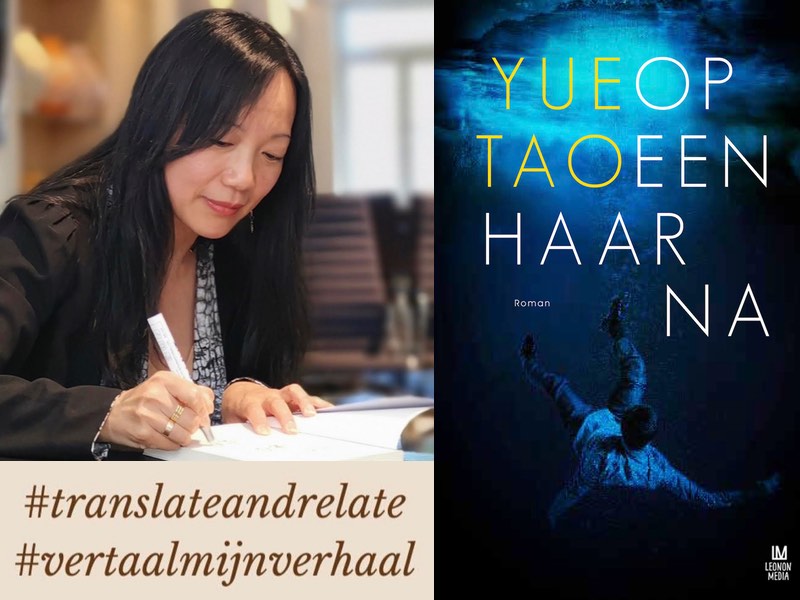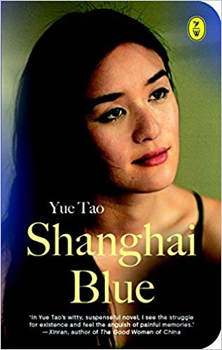Translate and Relate

Translate and Relate
Novels and films are a window for us to look into other cultures. They are more than a window: a good story can transport us into an alien culture, make us experience what others experience, understand what they understand, and feel what they feel. Without good translations, however, even the best stories have diminished cross-cultural appeal. Translation is a bridge between different values and beliefs as well as between different languages.
In this webinar for IRC Licensees, recorded in January 2020, I share my personal stories to show how fiction writing has helped me adapt in the Netherlands. We also discussed using fiction reading, writing, translation, and creative exercises to build intercultural competences.
I came to the Netherlands in 2000 for my Master’s study. For a long time, I was struggling with the question: Where is home? I felt caught between two worlds, the home where I grew up and my folks are and the home where I live and my own nuclear family is. I know that no matter how long I live in the Netherlands, I will remain a “foreigner” to some degree, but when I visit China I feel that I drift further and further away from old friends in world view. I belong to neither culture.
It was not until 2012 when I wrote my first novel that I realized I could turn this sense of alienation into strength. Writing demands disengagement, observation, empathy, and reflection. It needs distance. My situation gives me exactly that. Distance lets me see Chinese as well as Dutch culture with more clarity and depth. I have found a balance between the two—visiting China provides stimulation; living in the Netherlands allows reflection, concentration, application. I need both.
Fiction writing does more than help you find your personal identity. To create a fictional universe, you are forced to take the perspective of other people—often very different from you—understand the world as they do, see their situation as they see it, make their point of view your own, and feel what they feel. Moreover, you need communicate all this to the reader clearly and engagingly, playing a role of an “intercultural” translator between the fictional and real worlds. In this way, writing fiction is good training in holistic thinking, perspective taking, empathy, and communication—all important to intercultural management.
Globalization and technology permit ready access to other people and places, which lets us think we know more about them than we really do. Algorithms and data filtering create knowledge bubbles that foster the illusion that people around the world think just as we do. This illusion of understanding can be dangerous—especially for business and political leaders who have large responsibilities. Here the discipline of writing fiction can help. Thus I hope to combine my two passions—fiction writing and intercultural training—and design workshops to help improve intercultural competences in novel ways.
Shanghai Blue, by Yue Tao
When Lan comes home to Shanghai after 10 years in Europe she finds the city enigmatic: people she knew from childhood seem odd – her own identity is a mystery. An orphan, she tries to locate her biological parents. Her only clue is cricket fighting – an old Chinese pastime turned gambling racket. The deeper she digs into her own mystery, the more sinister it becomes. With cricket-fight gambling as the leitmotif, Shanghai Blue weaves belonging and estrangement, fatality and choice into a tight plot. When Lan finally unravels the truth, it is more harrowing than she imagined.
About the author:
Born in Shanghai, Tao Yue has lived in Amsterdam since 2000 and has collaborated with IBI on its China programs since 2005. She has published two novels in Chinese, both of which concern cultural alienation and adaptation. The first was translated into English and Dutch; the second is now being translated into Dutch.


